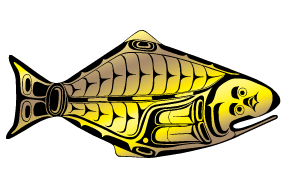Research & Monitoring
Research & Monitoring
The science and research activities conducted by the IPHC are directed towards fulfilling the following continuing objectives of the Commission: i) improving the annual stock assessment and quota recommendations; ii) developing information on current management issues; and iii) contributing to improve the knowledge of the biology and life history of Pacific halibut.

